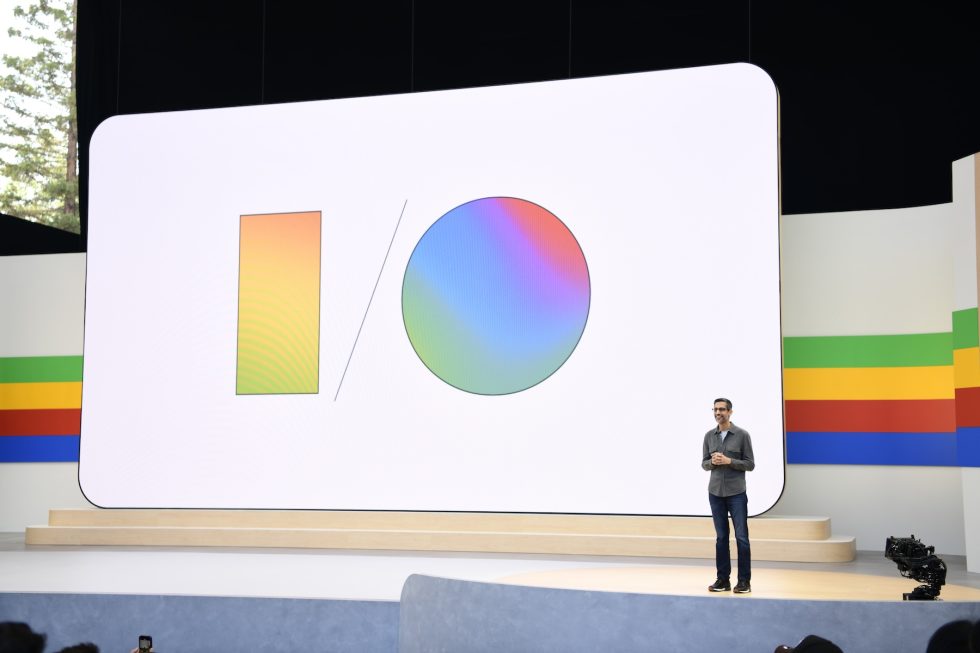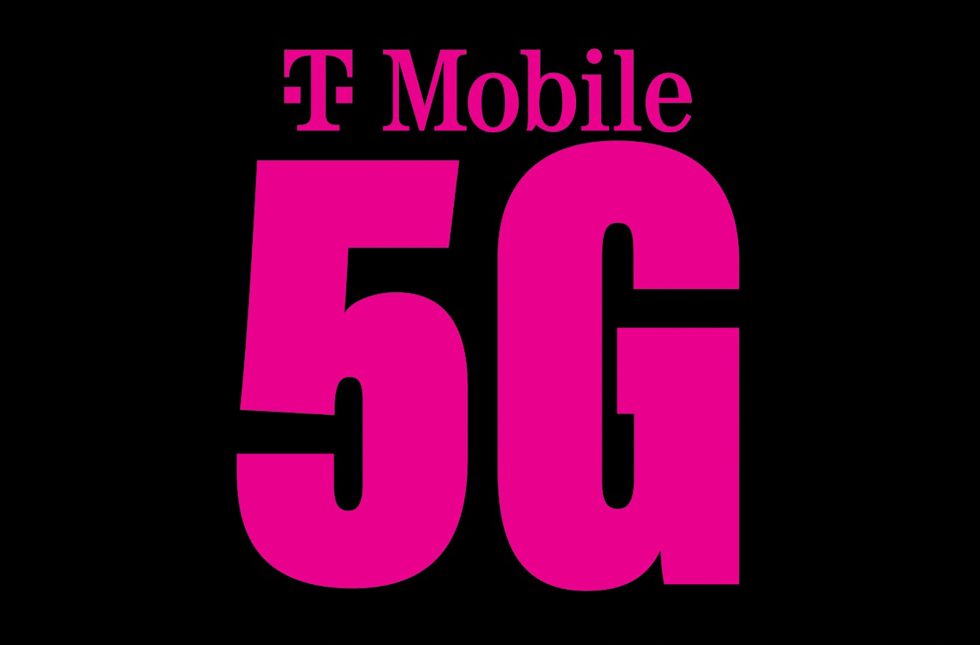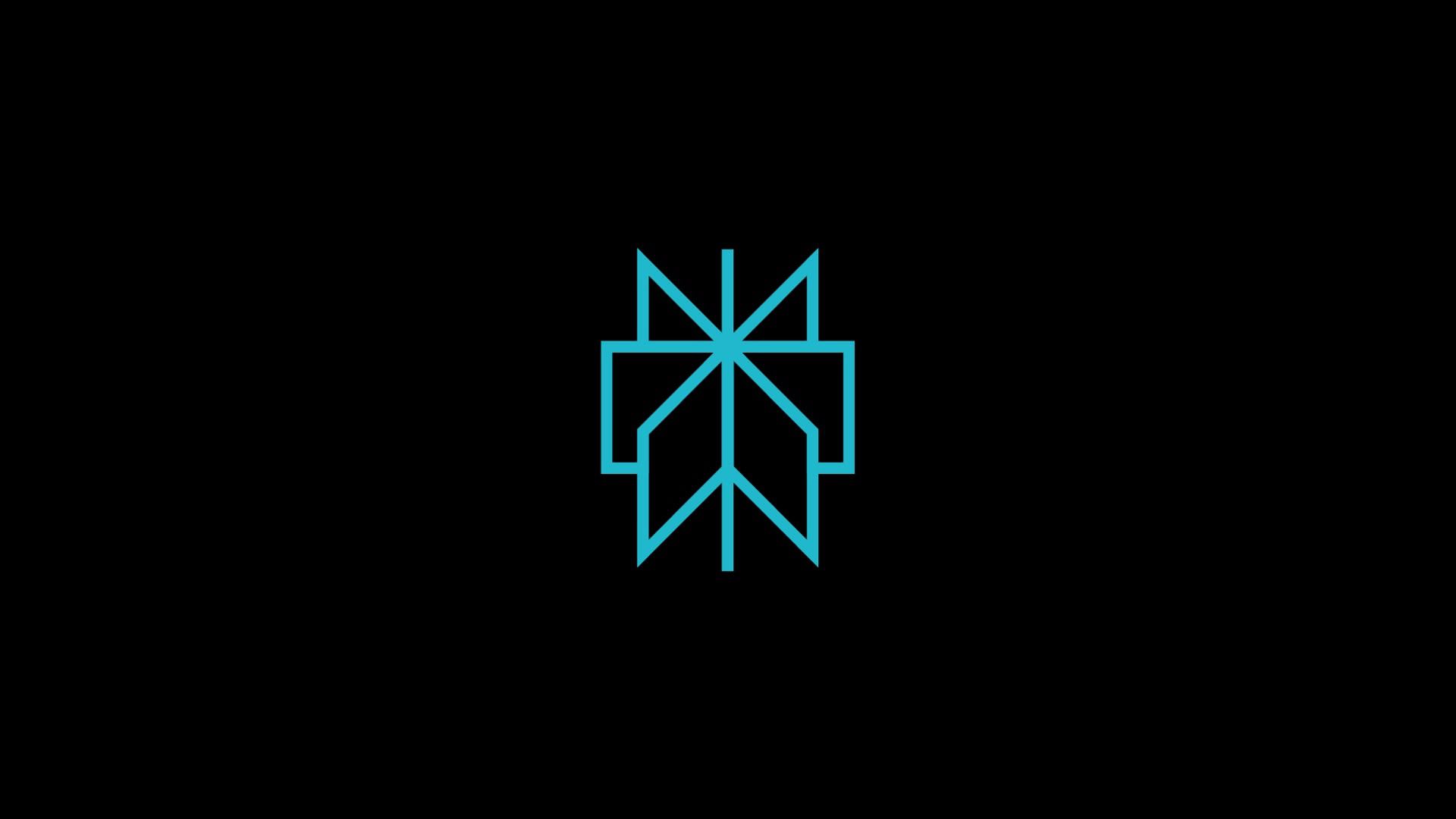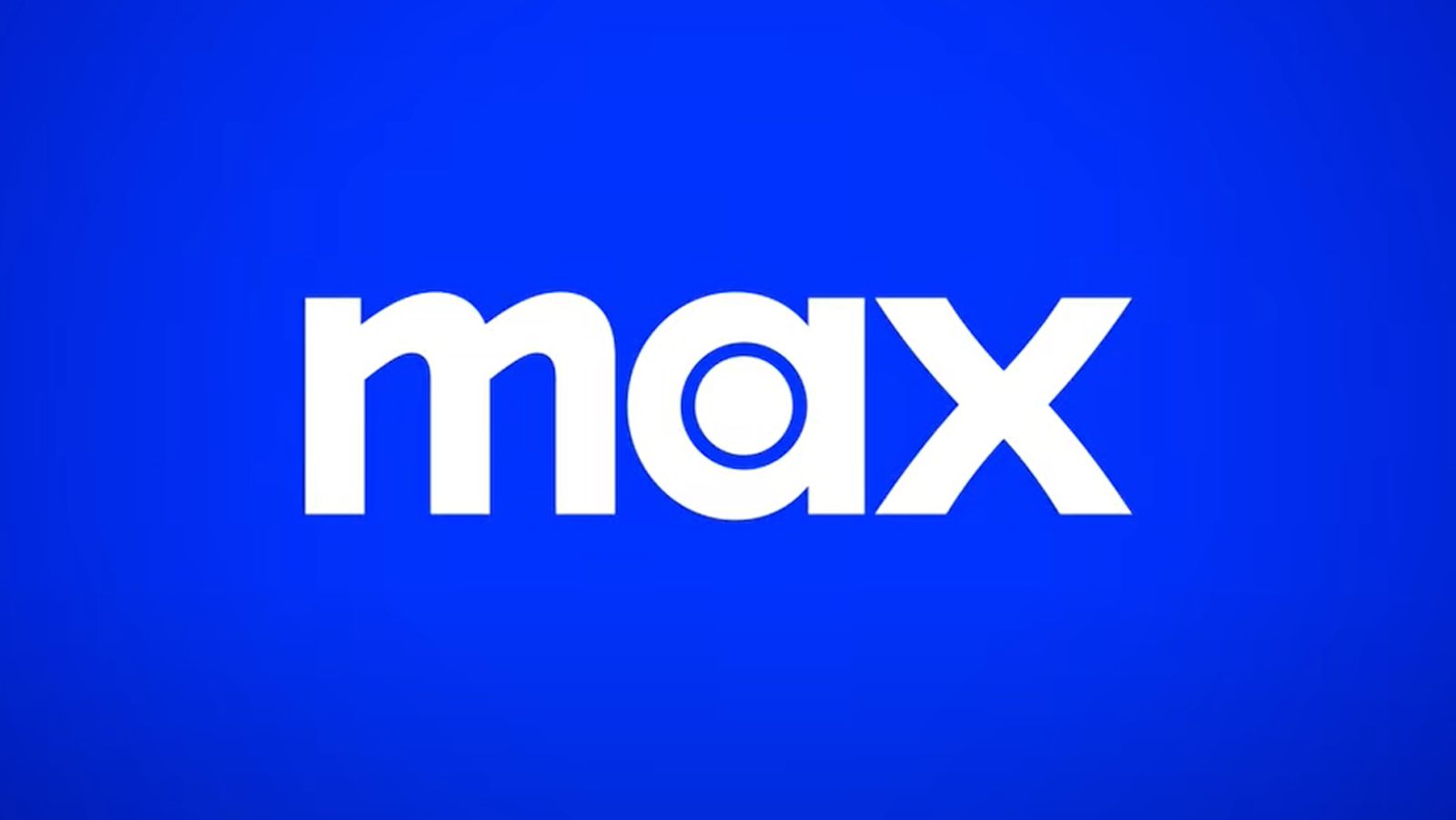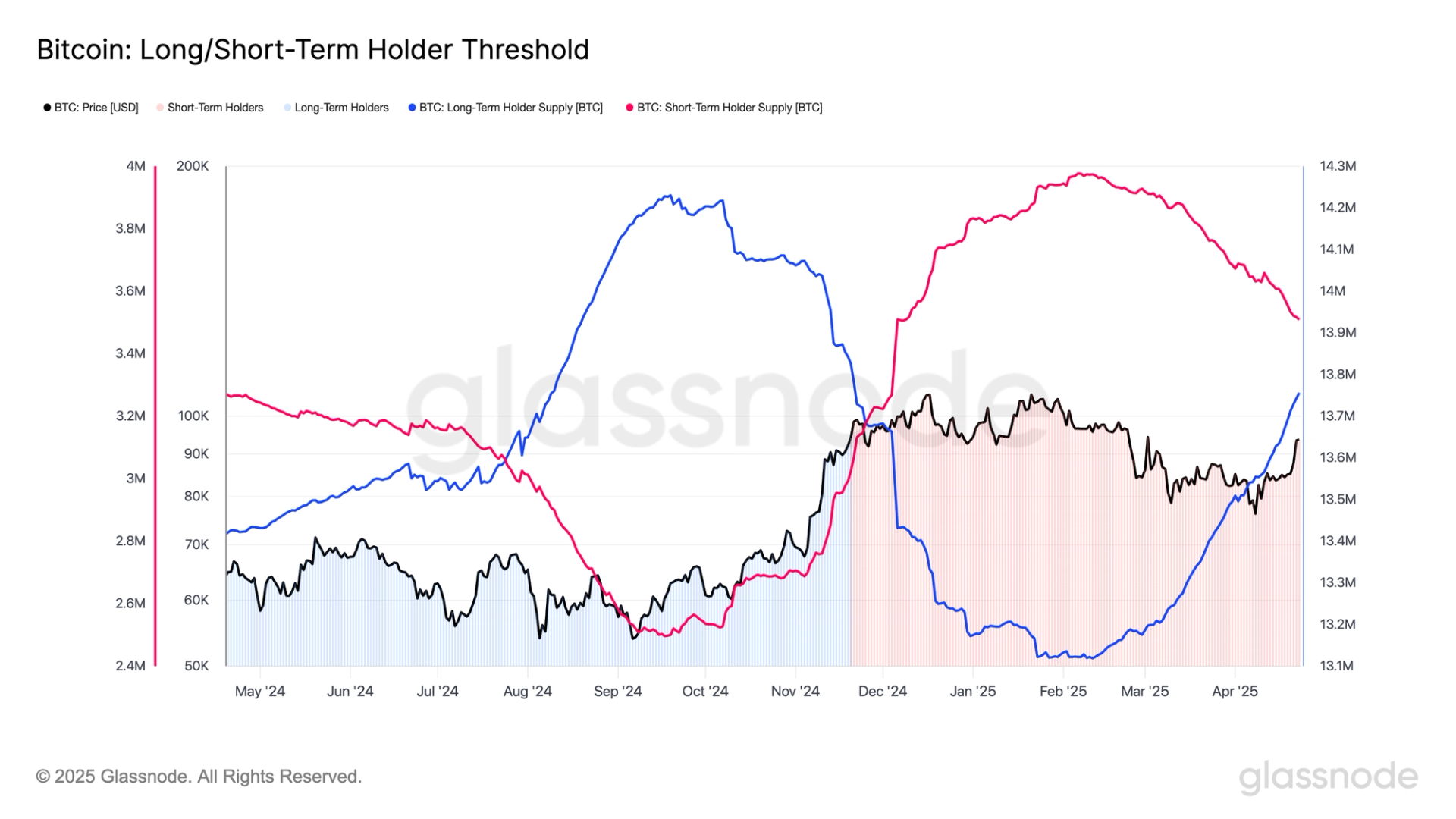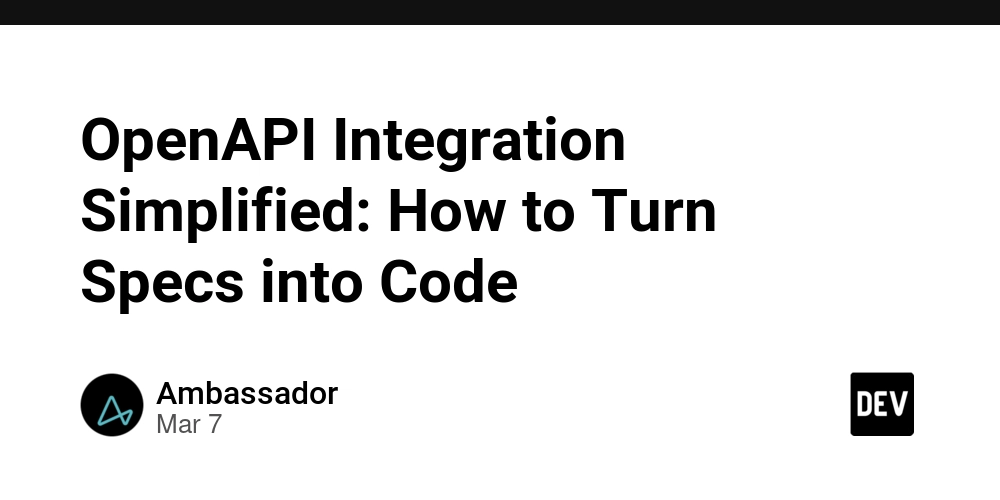MongoDB vs PostgreSQL: Which One Should You Choose?
MongoDB and PostgreSQL are two of the most popular open-source database systems available today. While they both store and manage data efficiently, they cater to different needs depending on their design philosophies and strengths. This article provides a detailed comparison between MongoDB and PostgreSQL to help you determine which is more suitable for your project. Data Model and Schema MongoDB is a NoSQL, document-oriented database that stores data in flexible, JSON-like documents (BSON). It is schema-less, which makes it ideal for rapidly evolving applications and use cases involving unstructured or semi-structured data. PostgreSQL, on the other hand, is a traditional relational database management system (RDBMS). It stores data in structured tables with predefined schemas. This makes it perfect for applications that rely on strict data consistency and complex relationships. Performance and Scalability MongoDB is designed for horizontal scalability. It can handle large-scale applications that require high throughput and low latency, especially when dealing with massive volumes of data that change frequently. Its flexibility in schema design also makes it well-suited for agile development environments. PostgreSQL provides robust performance for complex queries and transactional operations. It excels in vertical scaling and is highly optimized for read-heavy workloads that require structured querying. While it supports horizontal scaling, it often requires additional configuration and tools to do so effectively. ACID Compliance and Transactions MongoDB offers ACID compliance at the document level and supports multi-document transactions since version 4.0. However, its transactional capabilities are not as mature or deeply integrated as those in traditional RDBMS systems. PostgreSQL is fully ACID-compliant and supports advanced transaction management features. It is a strong choice for applications that require strict data integrity and consistency, such as financial systems or enterprise resource planning (ERP) platforms. Query Language and Features MongoDB uses a JavaScript-like query language. It is intuitive for developers familiar with JSON and supports powerful aggregation pipelines. However, it does not support traditional SQL JOIN operations. PostgreSQL uses SQL, which is standardized and widely adopted. It supports complex queries, JOINs, window functions, subqueries, and more. This makes it especially suitable for data analysis, reporting, and applications that rely on complex querying. Security and Compliance MongoDB includes essential security features such as authentication, role-based access control, and encryption. However, some advanced features may require additional configuration. PostgreSQL provides a robust set of security tools out-of-the-box, including SSL/TLS encryption, role-based access, and row-level security. These features make it well-suited for applications that need to comply with stringent data regulations. Use Cases MongoDB is ideal for content management systems, IoT platforms, real-time analytics, and other applications where the data model changes frequently or is not strictly structured. PostgreSQL shines in use cases that demand data accuracy, consistency, and advanced querying capabilities. Examples include banking systems, government databases, and analytics-heavy applications. Summary Comparison Feature MongoDB PostgreSQL Type NoSQL Document Store Relational Database (RDBMS) Schema Flexible (Schema-less) Fixed (Schema-based) Scalability Horizontal (Sharding) Vertical (Scaling Up) Transactions Limited ACID Support Full ACID Compliance Query Language JavaScript-like (BSON) SQL Best For Unstructured, Dynamic Data Structured Data, Complex Queries Final Thoughts Both MongoDB and PostgreSQL are powerful tools, but their suitability depends on the specific needs of your application. MongoDB offers flexibility and speed for unstructured data and rapid development. PostgreSQL provides reliability, strong transactional support, and advanced features for complex queries and data integrity. Evaluate your application's requirements carefully to choose the right database engine. For rapidly evolving data structures, MongoDB is a great fit. For high levels of data accuracy and complex reporting, PostgreSQL stands out as the preferred choice.
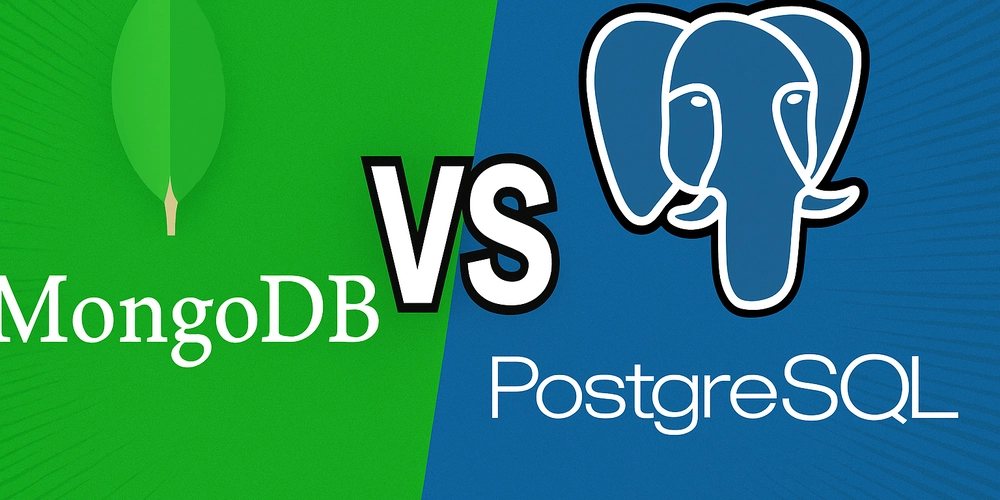
MongoDB and PostgreSQL are two of the most popular open-source database systems available today. While they both store and manage data efficiently, they cater to different needs depending on their design philosophies and strengths. This article provides a detailed comparison between MongoDB and PostgreSQL to help you determine which is more suitable for your project.
Data Model and Schema
MongoDB is a NoSQL, document-oriented database that stores data in flexible, JSON-like documents (BSON). It is schema-less, which makes it ideal for rapidly evolving applications and use cases involving unstructured or semi-structured data.
PostgreSQL, on the other hand, is a traditional relational database management system (RDBMS). It stores data in structured tables with predefined schemas. This makes it perfect for applications that rely on strict data consistency and complex relationships.
Performance and Scalability
MongoDB is designed for horizontal scalability. It can handle large-scale applications that require high throughput and low latency, especially when dealing with massive volumes of data that change frequently. Its flexibility in schema design also makes it well-suited for agile development environments.
PostgreSQL provides robust performance for complex queries and transactional operations. It excels in vertical scaling and is highly optimized for read-heavy workloads that require structured querying. While it supports horizontal scaling, it often requires additional configuration and tools to do so effectively.
ACID Compliance and Transactions
MongoDB offers ACID compliance at the document level and supports multi-document transactions since version 4.0. However, its transactional capabilities are not as mature or deeply integrated as those in traditional RDBMS systems.
PostgreSQL is fully ACID-compliant and supports advanced transaction management features. It is a strong choice for applications that require strict data integrity and consistency, such as financial systems or enterprise resource planning (ERP) platforms.
Query Language and Features
MongoDB uses a JavaScript-like query language. It is intuitive for developers familiar with JSON and supports powerful aggregation pipelines. However, it does not support traditional SQL JOIN operations.
PostgreSQL uses SQL, which is standardized and widely adopted. It supports complex queries, JOINs, window functions, subqueries, and more. This makes it especially suitable for data analysis, reporting, and applications that rely on complex querying.
Security and Compliance
MongoDB includes essential security features such as authentication, role-based access control, and encryption. However, some advanced features may require additional configuration.
PostgreSQL provides a robust set of security tools out-of-the-box, including SSL/TLS encryption, role-based access, and row-level security. These features make it well-suited for applications that need to comply with stringent data regulations.
Use Cases
MongoDB is ideal for content management systems, IoT platforms, real-time analytics, and other applications where the data model changes frequently or is not strictly structured.
PostgreSQL shines in use cases that demand data accuracy, consistency, and advanced querying capabilities. Examples include banking systems, government databases, and analytics-heavy applications.
Summary Comparison
| Feature | MongoDB | PostgreSQL |
|---|---|---|
| Type | NoSQL Document Store | Relational Database (RDBMS) |
| Schema | Flexible (Schema-less) | Fixed (Schema-based) |
| Scalability | Horizontal (Sharding) | Vertical (Scaling Up) |
| Transactions | Limited ACID Support | Full ACID Compliance |
| Query Language | JavaScript-like (BSON) | SQL |
| Best For | Unstructured, Dynamic Data | Structured Data, Complex Queries |
Final Thoughts
Both MongoDB and PostgreSQL are powerful tools, but their suitability depends on the specific needs of your application. MongoDB offers flexibility and speed for unstructured data and rapid development. PostgreSQL provides reliability, strong transactional support, and advanced features for complex queries and data integrity.
Evaluate your application's requirements carefully to choose the right database engine. For rapidly evolving data structures, MongoDB is a great fit. For high levels of data accuracy and complex reporting, PostgreSQL stands out as the preferred choice.






































































































































































![[The AI Show Episode 144]: ChatGPT’s New Memory, Shopify CEO’s Leaked “AI First” Memo, Google Cloud Next Releases, o3 and o4-mini Coming Soon & Llama 4’s Rocky Launch](https://www.marketingaiinstitute.com/hubfs/ep%20144%20cover.png)


















































































































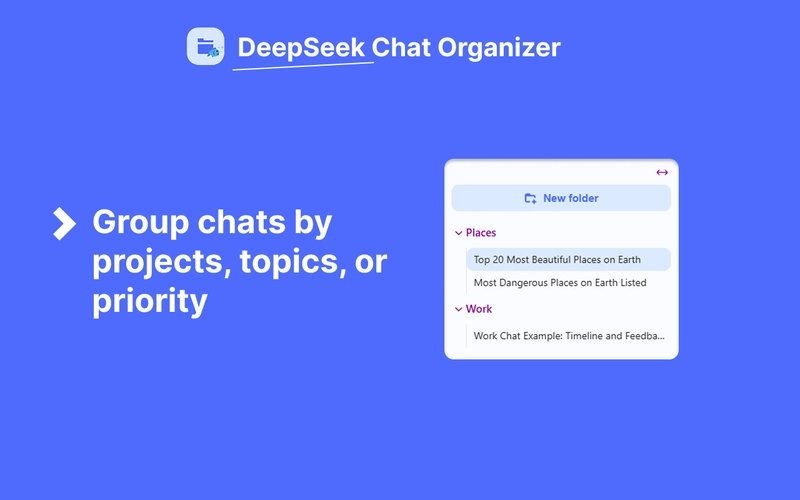

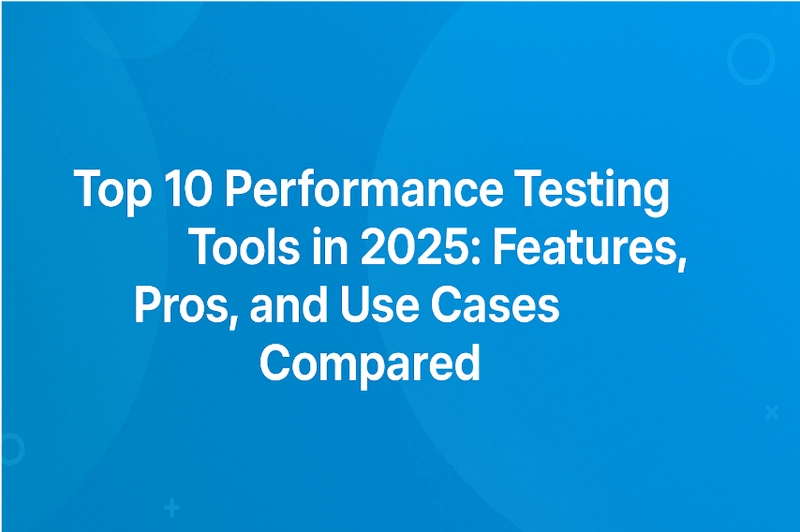











![[DEALS] Sterling Stock Picker: Lifetime Subscription (85% off) & Other Deals Up To 98% Off – Offers End Soon!](https://www.javacodegeeks.com/wp-content/uploads/2012/12/jcg-logo.jpg)






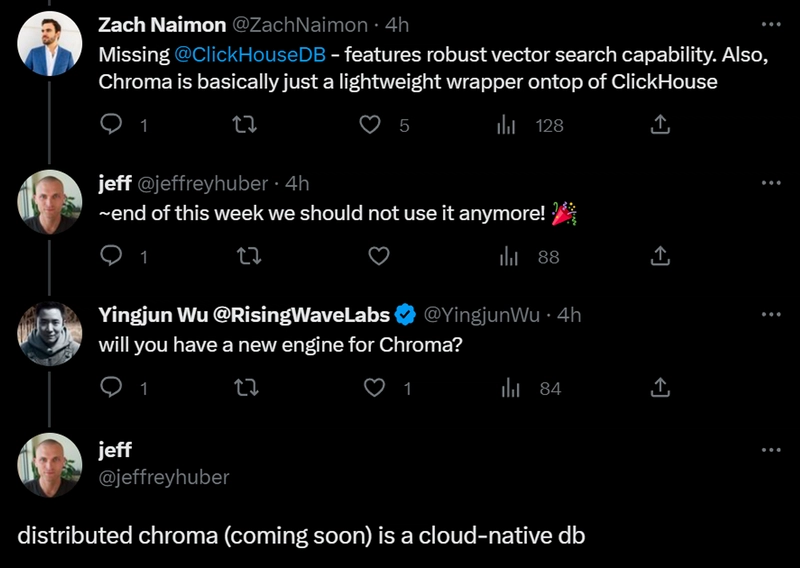














































































































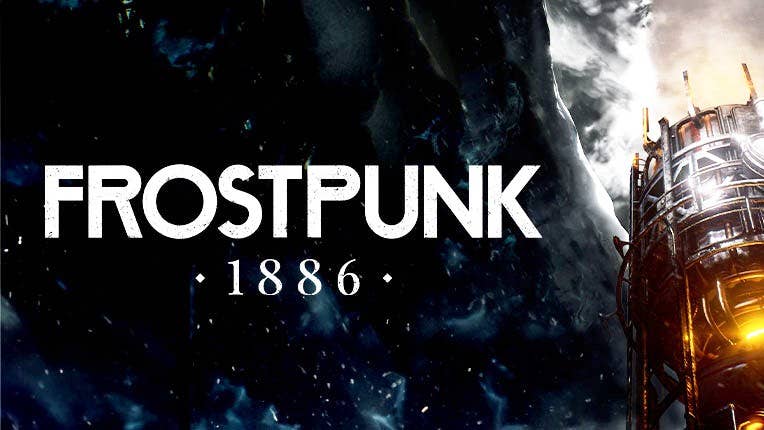
-This-LG-Smart-TV-is-an-Xbox-00-00-34.png?width=1920&height=1920&fit=bounds&quality=70&format=jpg&auto=webp#)

























_Olekcii_Mach_Alamy.jpg?width=1280&auto=webp&quality=80&disable=upscale#)


























































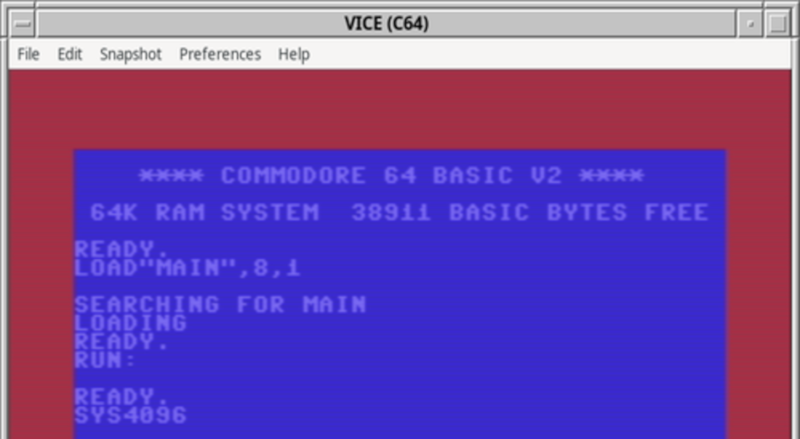

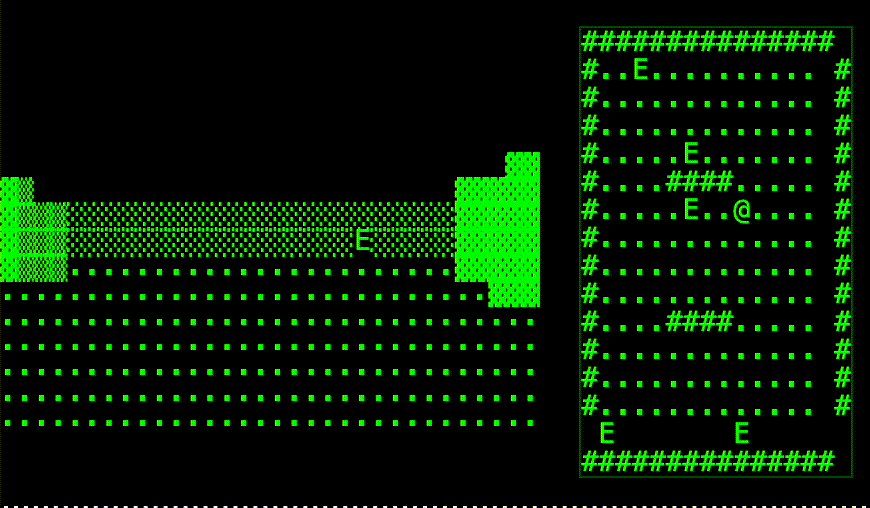
























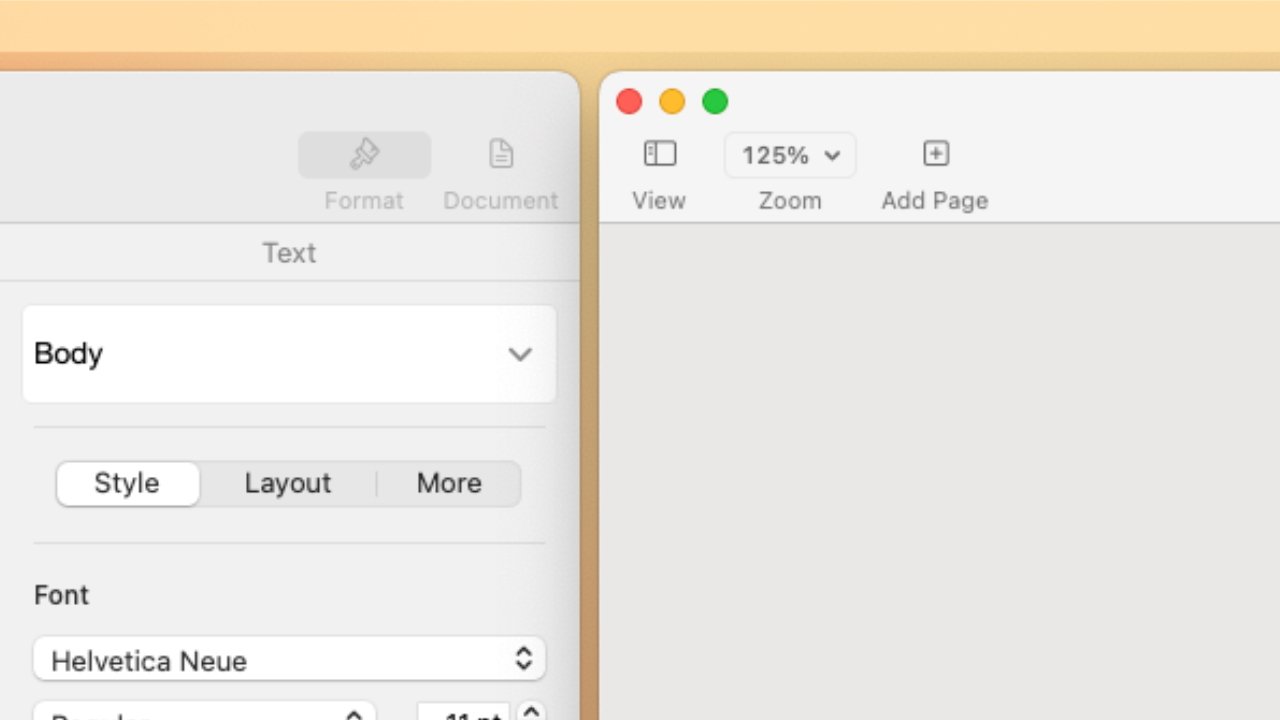





























![M4 MacBook Air Drops to New All-Time Low of $912 [Deal]](https://www.iclarified.com/images/news/97108/97108/97108-640.jpg)
![New iPhone 17 Dummy Models Surface in Black and White [Images]](https://www.iclarified.com/images/news/97106/97106/97106-640.jpg)

























